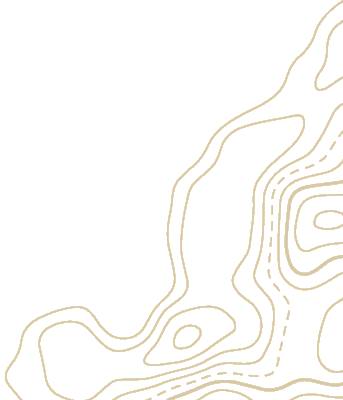

This part of the Canoe Channel was originally a drainage ditch for some of the local market gardens in the area.
The hill on the other side of the Canoe Channel is a remnant of the Newcastle City dump. Fortunately, modern waste facilities look very different from old dump sites.
Wetlands were once considered to be useless areas of land that should be drained or filled in to make useful land. Today, the true value of wetlands is being recognised.
What do you think could threaten our wetlands in the future?
Wetlands are among the most important ecosystems on the planet. They are like the ‘kidneys of the landscape’ as they cleanse and control the water that flows through them. These vital functions include: water filtration and purification, nutrient retention, maintaining water tables, flood mitigation and erosion control. They also extract and store greenhouse gases from the air, an increasingly important function as the world suffers the effects of global warming.
Hunter Wetlands Centre Australia is recognised as a Ramsar Wetland of International Significance. The Ramsar Convention on Wetlands is an international treaty first signed in the Iranian city of Ramsar in 1971. This treaty provides the framework for national action and international co-operation to protect wetlands around the world. The Ramsar Convention aims to halt the worldwide loss of wetlands and to conserve, through wise use and management, those that remain.
In 2002 the Hunter Wetlands Centre Australia was joined with Kooragang Nature Reserve to form the Hunter Estuary Wetlands Ramsar Site.
The Hunter Wetlands Centre was listed as a Ramsar site as it:
HWCA is dedicated to promoting and supporting wetland education and conservation through community participation.
Translate now:

A Glencore Community Project